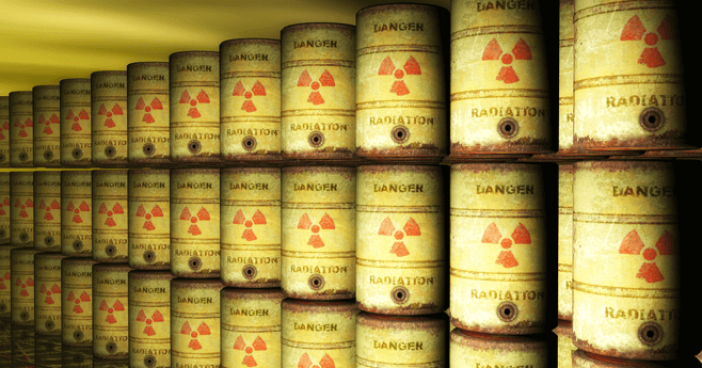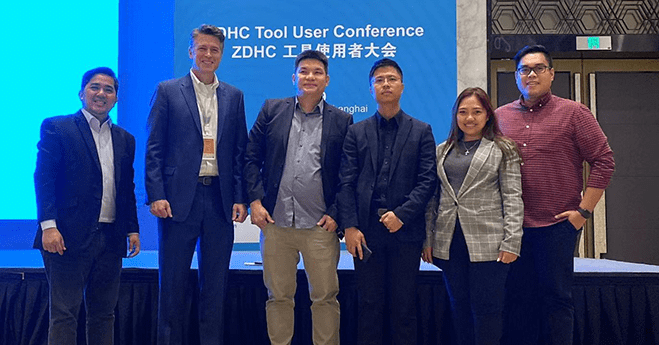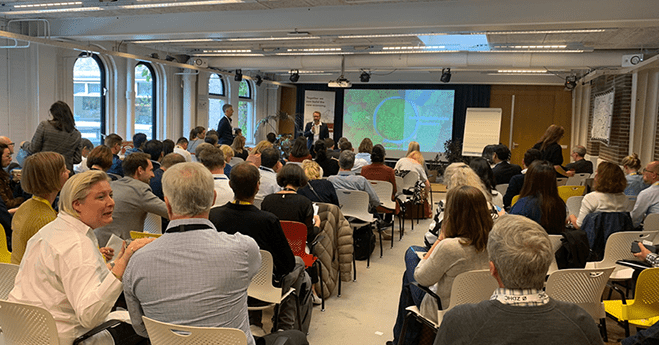Farming, using your favorite shampoo and driving down the highway – these and thousands of other mundane activities like these keep the world running. These familiar activities may also leave chemicals toxic to human health commonplace in the environment, products and food.
The sound management of chemicals and waste (SMCW) is essential to the achievement of the Sustainable Development Goals (SDGs), a critical factor in many of the SDGs such as SDG 12: sustainable consumption and production. Thus, part of sustainable development is identifying harmful chemicals and establishing policies that minimize and mitigate their use and presence.
Why are POPs a global issue?
Persistent Organic Pollutants (POP) are a class of toxic chemicals that are carbon-based. They remain intact for very long periods of time in the environment and in the bodies of organisms. They can easily be distributed by natural processes such as wind. They accumulate in the fatty tissue of organisms. They are found in higher concentrations at higher levels of the food chain and can pass from one organism to the next on the food chain. Due to circumstances such as crop exposure, they can be found in food products as well.
POPs are now in large regions or habitats around the world from sustained exposure and accumulation over generations. Bioaccumulation is the term that describes their accumulation in organisms. Being high up in the food chain, bioaccumulation affects fish, predatory birds, mammals and humans the most. These organisms unwittingly also become the cause of the distribution of POPs thousands of miles from any major POP source.
The Stockholm Convention
In 2001, 91 countries and the European community signed a UN treaty known as the Stockholm convention, agreeing to reduce or eliminate the production, use and release of POPs. This landmark UN agreement has been an important basis for policies governing and mainstreaming the sound management of chemicals and waste. It also importantly opens up financial and technical support to countries that push to reduce POPs.
The Stockholm Convention plays an important role in the control of harmful chemicals on both the national and global levels. It is instrumental in the enacting of POPs-related agreements as well as other policies that protect health and the environment from toxic substances. For example, the US has since greatly reduced the release of dioxins. There is also a US-Canada agreement called “Virtual Elimination of Persistent Toxic Substances in the Great Lakes” as well as a regional protocol of the United Nations Economic Commission for Europe on POPs.
As a result, many countries no longer produce POPs. However, the persistent nature of POPs in the environment still leaves people at risk. Most developed nations have taken strong action to control POPs but developing nations have only recently begun to restrict their production, use and release.
Classes of POPs
After WWII, an industrial boom occurred, and toxic synthetic chemicals became widely used commercially in disease control, crop production and industry. Classes of POPs can include intentionally produced chemicals (i.e. from agriculture, disease control, manufacturing or industrial processes) and unintentionally produced chemicals (i.e. dioxins from industrial processes and combustion). The three categories for toxic chemicals in the Stockholm Convention are pesticides, industrial chemicals and by-products. The list of harmful chemicals has been growing since then. At its inception, the Stockholm Convention identified 12 POPs under three categories. The number of POPs has expanded, and more are being proposed to be added.
With POPs being so commonplace in the environment and modern consumer society, the control of POPs is one important aspect of human well-being and sustainable development. Frameworks like the Stockholm Convention establish the governance needed to achieve this. In the next blog article, we will take a closer look at the different POPs and their presence in human life.
ADEC Innovations (ADEC) is a leading provider of ESG solutions, including fully-integrated industry expertise, software solutions and data management. We help governments and organizations improve performance by recognizing challenges and providing effective solutions. For more information on sustainability practices that promote the sustainable development agenda, read more from our blogs.




